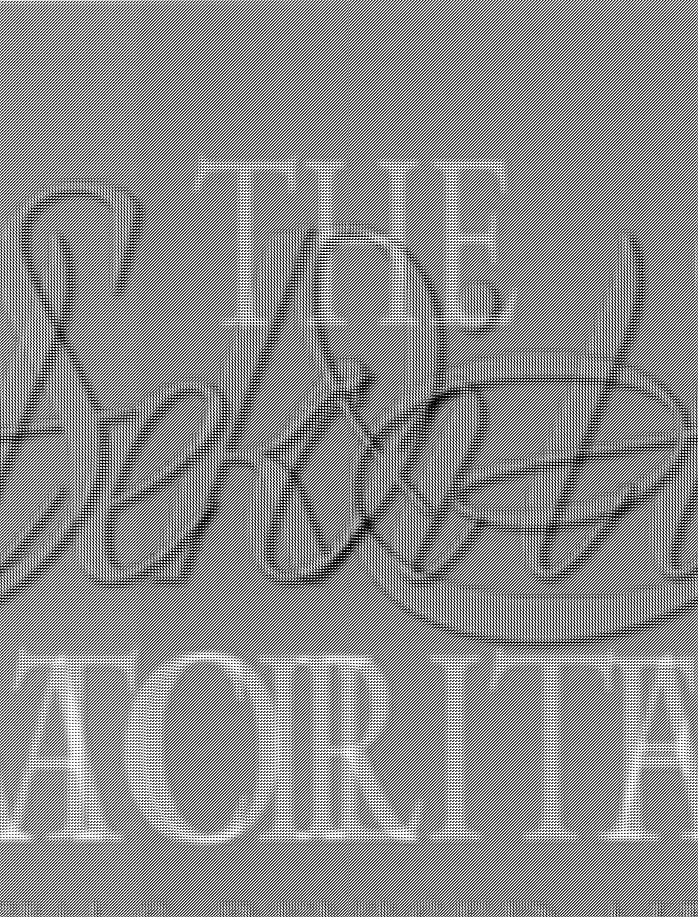The Skilled Facilitator: A Comprehensive Resource for Consultants, Facilitators, Managers, Trainers, and Coaches by Roger Schwarz

Author:Roger Schwarz
Language: eng
Format: mobi, pdf
Published: 0101-01-01T00:00:00+00:00
In step six, you help group members decide whether and how to redesign their behavior to be more effective, describing the consequences of changing the behavior that you privately identified in step three. When I carry out step six, I ask group members to do what they have agreed to in step five that they have not done. For example, I may ask them to check an untested inference or share their interests instead of their positions. By doing so, I help the group move the conversation forward. Asking group members whether they are willing to change their behavior is not simply a behavioral nicety; it maintains members' free choice and responsibility for changing their behavior.
Helping group members decide whether and how to redesign their behavior means saying something like, "Would you be willing to test out your inference to see if it's accurate?" If I have not explained in step five the potential problem with making inferences but not testing them, I can do so in step six. I may say, "The reason I'm suggesting this is that by testing your inference you can be sure you are designing the solution on the basis of accurate information. " My explanations for steps five and six are similar. In step five, I describe the potential problem with the group member's current behavior; in step six I describe the advantage of changing the behavior. I usually do not need to offer both explanations.
Sometimes group members need help redesigning their behavior. If they have just been introduced to the ground rules, they may not know how to test an inference, focus on interests, or combine advocacy with inquiry. Here I help the members redesign their behavior either by coaching them or by modeling the behavior for them.
Even if members redesign their behavior, it may still be inconsistent with the ground rules. In this situation, I use the diagnosis-intervention cycle again, sharing my observation, testing my inference that they are, for instance, still focusing on positions (explaining why I believe that), and asking the members whether they want to try again.
I have assumed that members are willing to redesign their behavior to be consistent with the ground rules. In practice, group members rarely choose not to redesign behavior that is inconsistent with the ground rules if they have validated my observations and inferences. But what if, for example, a member says no when I ask whether he would be willing to give a specific example? First, I ask, "Can you say what leads you to say no? I'm asking not because I want to pressure you, but to find out if there is something that is keeping you from giving an example so that the condition might be changed. The choice is still yours." If the person is willing to share his concern, I can then explore that concern with the person and the group and ask, "What needs to happen for you to be willing to share an example?" Ultimately, to preserve
Download
The Skilled Facilitator: A Comprehensive Resource for Consultants, Facilitators, Managers, Trainers, and Coaches by Roger Schwarz.pdf
This site does not store any files on its server. We only index and link to content provided by other sites. Please contact the content providers to delete copyright contents if any and email us, we'll remove relevant links or contents immediately.
Hit Refresh by Satya Nadella(9126)
The Compound Effect by Darren Hardy(8949)
Change Your Questions, Change Your Life by Marilee Adams(7760)
Nudge - Improving Decisions about Health, Wealth, and Happiness by Thaler Sunstein(7693)
The Black Swan by Nassim Nicholas Taleb(7109)
Deep Work by Cal Newport(7066)
Rich Dad Poor Dad by Robert T. Kiyosaki(6612)
Daring Greatly by Brene Brown(6504)
Principles: Life and Work by Ray Dalio(6422)
Playing to Win_ How Strategy Really Works by A.G. Lafley & Roger L. Martin(6246)
Man-made Catastrophes and Risk Information Concealment by Dmitry Chernov & Didier Sornette(6007)
Big Magic: Creative Living Beyond Fear by Elizabeth Gilbert(5756)
Digital Minimalism by Cal Newport;(5750)
The Myth of the Strong Leader by Archie Brown(5500)
The Slight Edge by Jeff Olson(5410)
Discipline Equals Freedom by Jocko Willink(5379)
The Motivation Myth by Jeff Haden(5205)
The Laws of Human Nature by Robert Greene(5173)
Stone's Rules by Roger Stone(5081)
